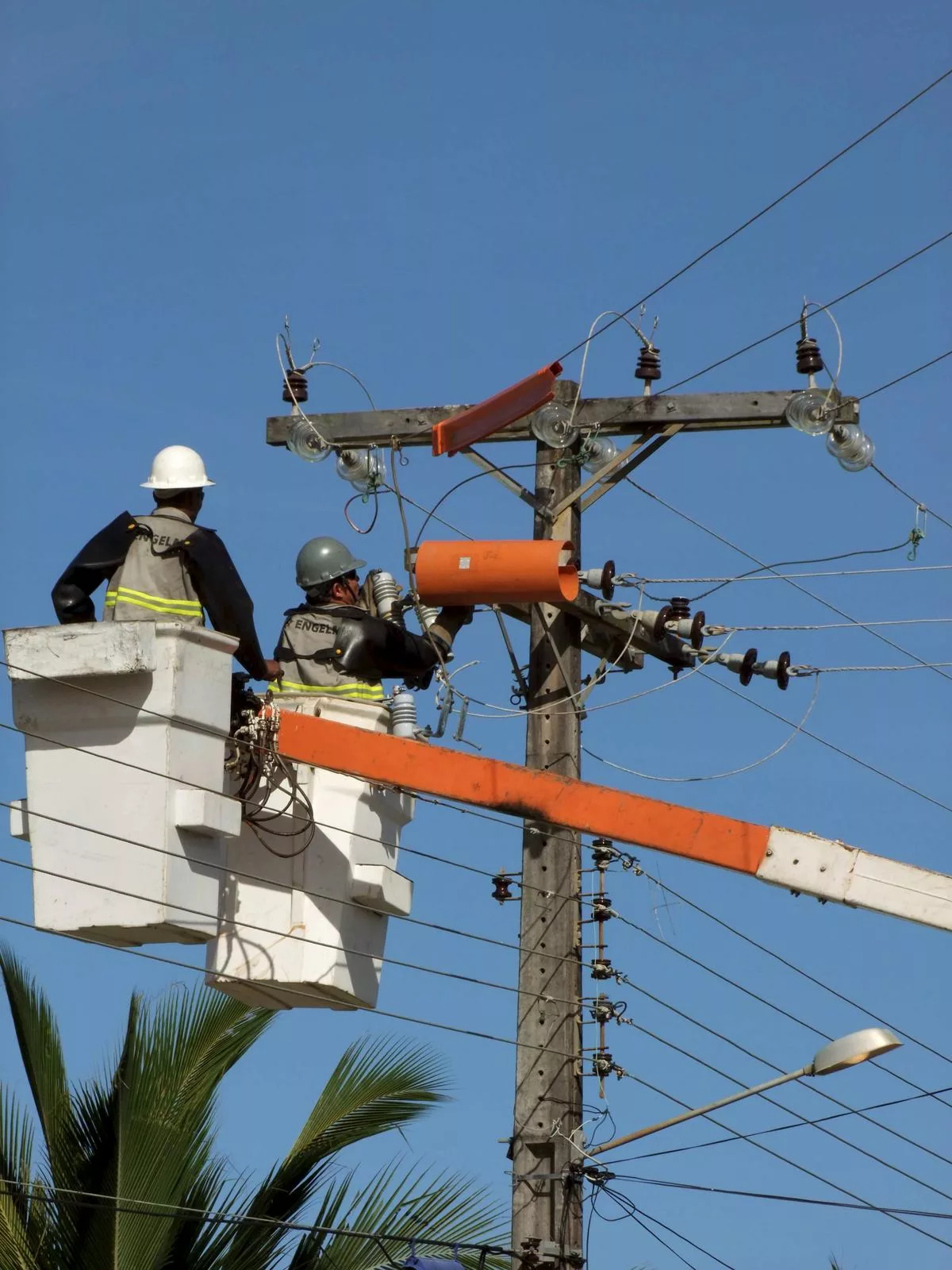What Are the 4 Main Types of Electrical Injuries?
Any time the human body makes contact with electricity, there will be a resulting reaction that can range anywhere from mild to life-threatening and sometimes even fatal.
The four different types of injuries that may result from making contact with electricity include:
- Electrocution: When an individual comes into contact with an electrical source that sends a strong current through their body and can result in death or severe injury.
- Electric shock: When an individual comes in contact with an electrical source that sends a small amount of current into their body and may result in a mild to severe injury.
- Burns/Arc blast: When an individual experiences severe burns to tissue caused by a high-voltage electrical source. Direct contact with the electrical source does not have to be present but may occur through arcing, in which electrical current leaves one intended path and travels through the air from one conductor to another.
- Fatal falls from height: When an individual comes into contact with an electrical source and causes them to fall from a ladder or other elevated position, resulting in severe injury, traumatic brain injury (TBI), or even death.
What Are Examples of a Direct Electrical Injury?
Direct electrical injuries occur when a person physically contacts an energized source, allowing electricity to flow through the body. These types of injuries often result in severe damage to tissues, organs, and nerves. Common examples include:
- Touching an exposed live wire, resulting in electric shock or burns to the hand and arm
- Contact with a faulty power tool, which sends current through the body and may cause cardiac arrhythmia
- Handling electrified water (like a puddle from a malfunctioning appliance), causing a full-body shock
- Coming into contact with an overhead power line, resulting in high-voltage burns or immediate death
- Grabbing a frayed extension cord, where the electricity enters the hand and exits through the foot, causing deep tissue damage along the path
These incidents typically result in localized entry and exit wounds, internal burns, or serious cardiovascular complications. Identifying a direct contact source is a key component in determining liability and strengthening a legal claim for compensation.
Nancy Hernandez
If you just had an accident and don’t know what to do and have tons of questions call RTR Law. RTR will not disappoint you. RTR has experienced attorneys who will sit down and answer all your questions and staff that are friendly and compassionate. You will leave feeling like you’re in great hands. Everything from start to finish is easy. You will not regret it.
Why Do Electrical Injuries Occur?
Electrical injuries can occur for various reasons, but some causes are cited more frequently. They include:
- Accidental contact with power lines
- Contact between metal and electrical sources
- Defective household products
- Faulty electrical wiring
- Contact with exposed electrical wiring
- Lightning
- Electrical arc flashes from power lines
In many cases, the contact with the electrical source may be accidental, but accidents may also be caused by negligence on the part of an employer on a job site, a business, or poor manufacturing design.
What are the Most Common Physical Injuries After Contact With an Electrical Source?
Electrical injuries can be severe, and a victim may take months or years to recover fully. In some cases, the victim never enjoys the same level of health they did before experiencing the electrical injury.
Some of the most common electrical injuries include:
- Brain damage
- Nerve damage
- Cardiac arrest
- Permanent heart muscle damage
- Respiratory failure
- Damage to internal organs
- Broken bones
- Unconsciousness
- Headaches
- Hearing loss
- Loss of limbs
- Severe burns
Sadly, some victims may experience fatal injuries due to contact with an electrical source.
Who Can Be Held Liable For Electrical Injuries?
Determining who should be held liable after an accident where a victim suffers electrical injuries depends significantly on the circumstances surrounding the case. If the injury was caused by negligence by an employer, business or organization, manufacturer, or individual, the negligent party can be held liable for the accident.
One of the most significant advantages of hiring a personal injury lawyer is they can evaluate the case and determine who should be held accountable. Additionally, if your family has suffered the wrongful death of a loved one caused by an electrical injury, an attorney can help your family receive the justice you deserve.
How a Personal Injury Lawyer Can Help After an Electrical Injury
If you or a loved one has suffered a severe injury or wrongful death due to an electrical injury, a qualified personal injury attorney can assist you with recovering compensation from the liable party.
A personal injury lawyer may be able to recover economic damages, which are awarded to reimburse individuals for out-of-pocket expenses that they have paid as a result of their injuries. They may include:
- Past, current, and future medical expenses including prescription drugs, rehabilitation, or physical therapy
- Past, current, and future lost wages
- Loss of financial support in cases where the victim died from their injuries
Additionally, if the accident victim sustained catastrophic injuries, they most likely will require long-term medical care. Catastrophic injuries include loss of limbs, severe burns, or organ damage. A personal injury attorney will advocate on your behalf to recover a financial settlement that will adequately provide for your needs.
Additionally, your lawyer may also be able to recover non-economic damages, which are awarded to compensate victims or their families for intangible losses, and may include:
- Pain and suffering
- Emotional distress
- Loss of enjoyment of life
- Permanent disfigurement and scarring
- Loss of consortium
Contact RTRLAW for a free, no-obligation case review with a qualified legal team member who will review your case and explain your legal options. RTRLAW’s attorneys are passionately committed to assisting injury victims in obtaining the maximum compensation possible for their injuries.
Revision History:
- Feb 12, 2026 at 3:32 pm by RTRLAW (displayed above)
- Feb 12, 2026 at 2:34 pm by victor


 CALL US NOW
CALL US NOW TEXT US NOW
TEXT US NOW































